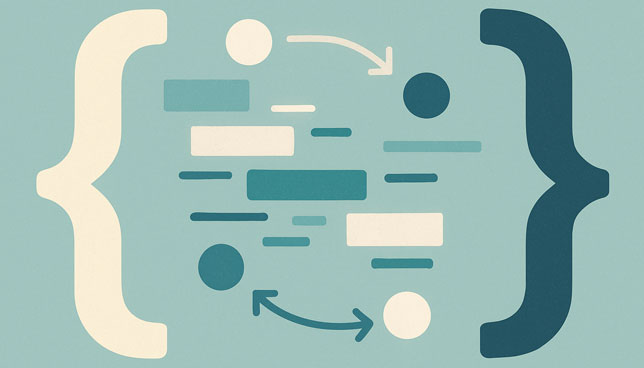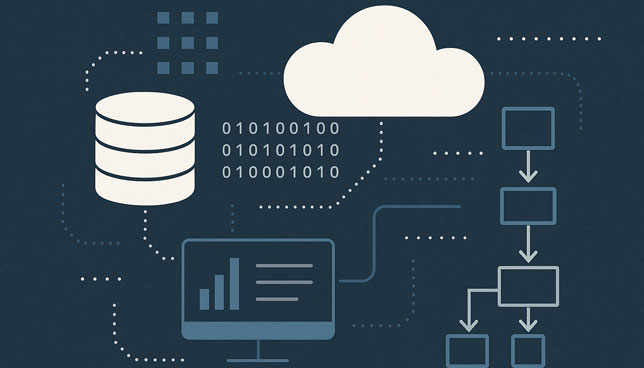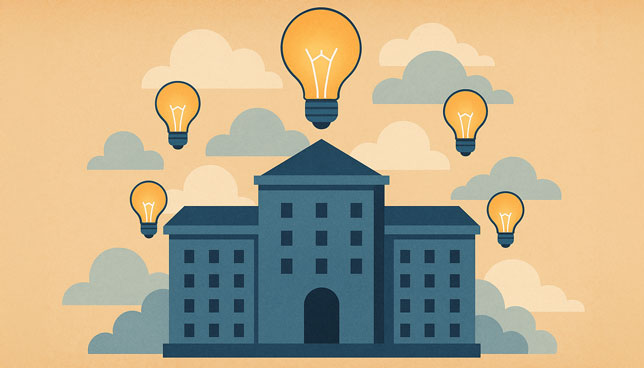
Institutions that want to maximize their research investments need a strategic management approach that balances preservation, accessibility, and security and satisfies stakeholders' needs at the same time.

1EdTech Consortium has released a free report offering six steps to implementing learning analytics effectively in higher education.

As an institution's highest level of data capabilities, data fluency taps into the agency of technical experts who work together with top-level institutional leadership on issues of strategic importance.

1EdTech Consortium and DXtera Institute have announced a partnership aimed at improving access to learning data in postsecondary and higher education.

Salesforce has announced plans to acquire data management company Informatica for $8 billion. The deal is aimed at strengthening Salesforce's AI foundation and expanding its enterprise data capabilities.

The University of Pittsburgh is teaming up with Amazon Web Services to establish a new Cloud Innovation Center focused on health sciences and sports analytics.

National nonprofit Complete College America (CCA) recently launched the Center for Leadership, Institutional Metrics, and Best Practices (CLIMB), with the goal of helping higher education institutions use data-driven strategies to improve student outcomes.

Faced with declining enrollments and changing demographics, colleges and universities must make use of data and analytics to better serve students.

"By 2027, AI assistants and AI-enhanced workflows incorporated into data integration tools will reduce manual intervention by 60 percent and enable self-service data management," according to research firm Gartner.

Data's role in enhancing educational outcomes is monumental, and it's time we harness this potential fully.